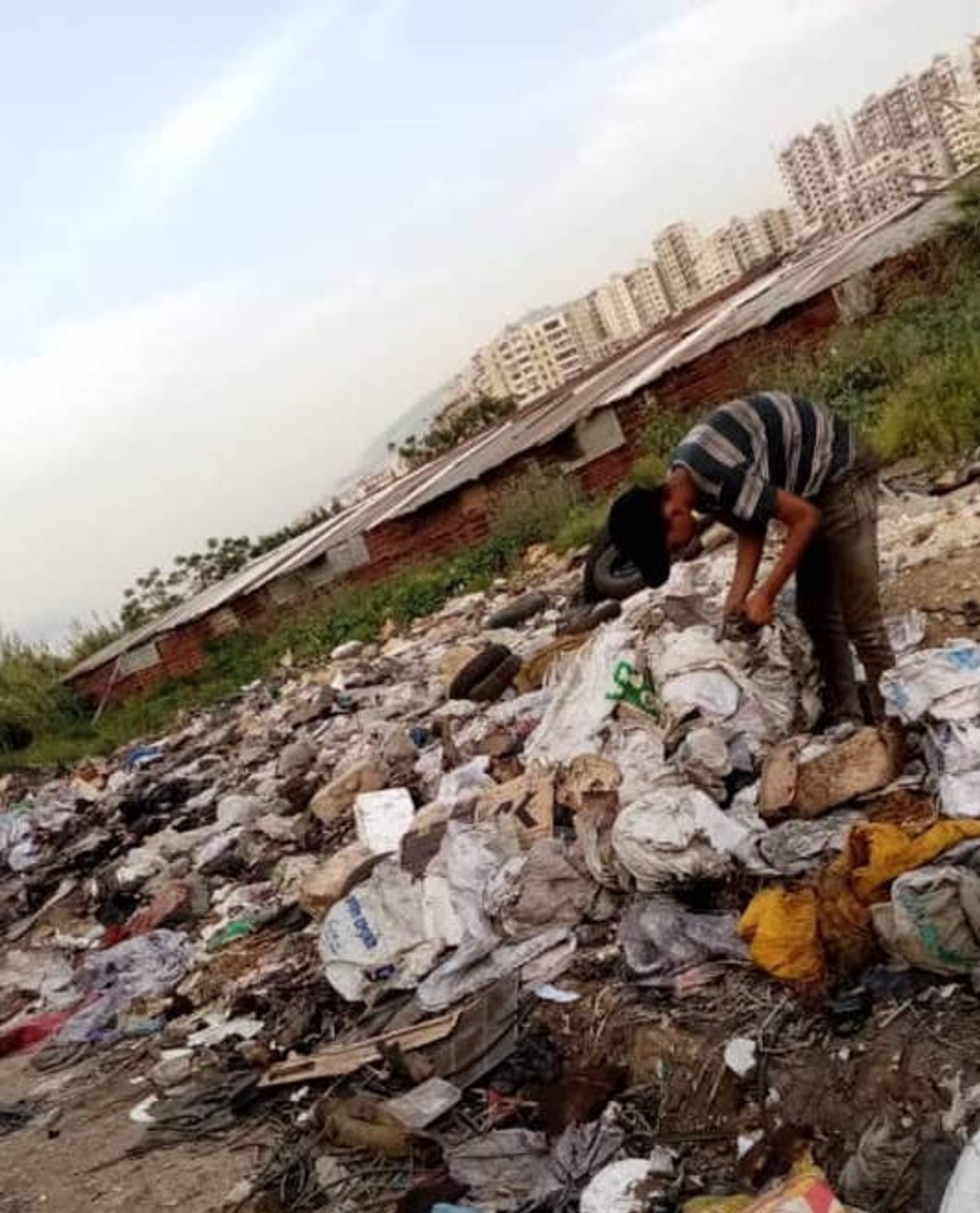Adolescent refugee experiences
Hassan, an 18-years-old Syrian boy from Baalbek, Lebanon
This is my friend in Tripoli, he works finding metals in the rubbish piles. We all started working at the very young age of 13. I work with my friends and my brother in vegetables supply, we work from 5 in the morning till 10 at night. When I go home, I have no time to talk to my friends. I am so tired I can’t even eat or drink, I just put my head on the pillow and go to sleep. A year ago, I started feeling a pain in my heart. But I went to the hospital only 2 months ago, I didn’t have the time or money to pay for the appointment, but the pain increased drastically. They did some tests in the hospital and it turns out I have an inflammation of the heart.

Sarah, a 17-year-old Syrian girl living in an ITS in Lebanon who married at the age of 15
We have only one water tank for three camps. This is not enough and we must often use puddles for washing. In addition, the water in the tank is often unclean, because they stopped inspecting it. Camp residents, especially children, are often sick from drinking this unsterilized water. We need more tanks—and better and more regular inspections.

Berksam, an 18-year-old Syrian girl living in Jordan who married at the age of 16
I live with my husband and his family. Because refugees are not allowed to work in Jordan, we depend on support from the World Food Programme. That support helps us buy food, but cannot be used to buy anything else—including soap. Cleaning supplies are very expensive, but have been even more necessary during COVID.

Mohammad, a 19-year-old Palestinian boy working as a barber in a camp in Lebanon
I live in Ain al-Hilweh refugee camp, which is walled off with barbed wire, like a giant prison for Palestinians. Our isolation is not only physical. The Lebanese government also prevents us from owning our own homes or working in most jobs. Some Palestinians register property in the names of Lebanese citizens, which exposes them to real estate fraud.
